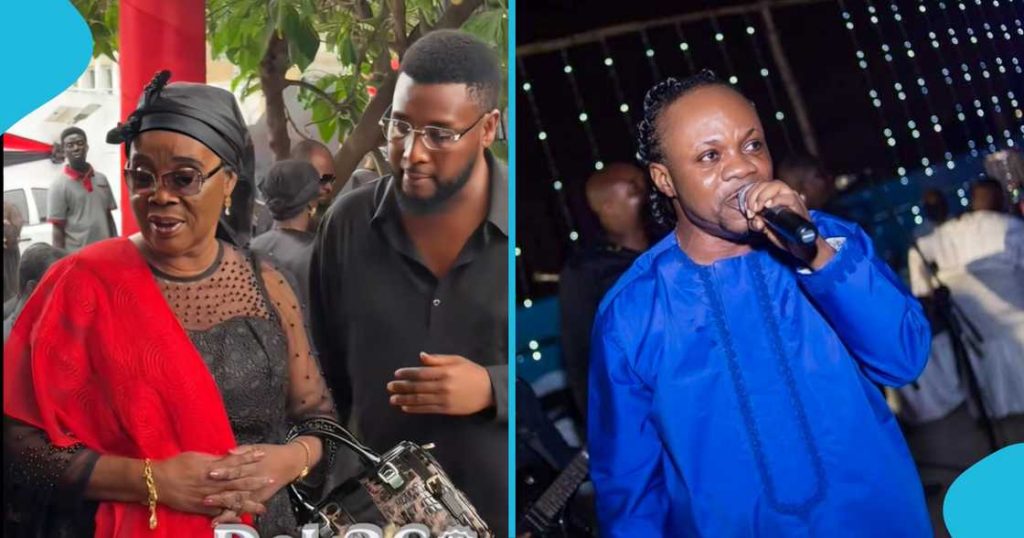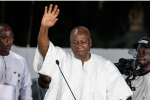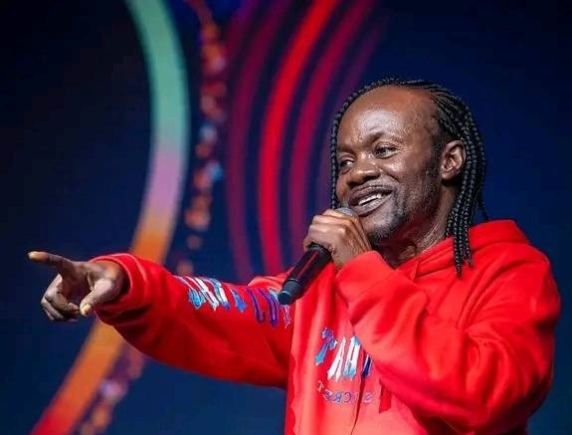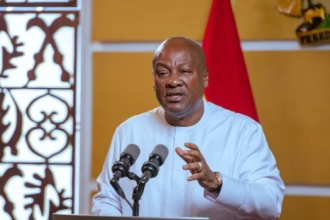In the soul of Ghanaian music, few names resonate like Daddy Lumba. Born Charles Kwadwo Fosu, he wasn’t just a Highlife artist—he was a movement, a voice, and a cultural blueprint. Now, in the wake of his passing on July 26, 2025, the nation gathers in reflection and celebration, telling stories that reveal just how deeply he touched our hearts. With a career spanning over three decades and 30+ albums, Daddy Lumba redefined Highlife for every generation. Tracks like Aben Wo Aha, Yentie Obiaa, and Sika weren’t just hits—they were social commentaries wrapped in rhythm. His fusion of classic Highlife and contemporary “Burger Highlife” infused German pop styles with Ghanaian soul, blazing a trail for modern Afrobeat artists to follow. When the news broke, Ghana felt it deeply. Streets quieted, radios played his classics, and social media lit up in grief and admiration. Former presidents, veteran entertainers, and fans from every corner poured out memories, comparing his influence to global icons like Bob Marley and Michael Jackson.
An unexpected voice, a Ugandan TikToker named Nan, went viral for her tearful performance of Aben Wo Aha, calling Lumba’s death “Africa’s heartbreak.” Her video struck a global chord, reminding us that the language of music needs no translation.
Veteran actress Maame Dokono, known for her close ties with Lumba, visited his residence days after his passing. Dressed in chic black lace, she blended elegance with sorrow. Her anecdotes from their time in Germany—especially when Yɛɛyɛ Aka Akwantuo Mu was released—gave a tender glimpse into the artist’s personal journey.

Gospel singer Maame Ode unintentionally lit up social media for all the wrong reasons. While paying her respects, she was caught crying without tears, which sparked a wave of memes and skepticism. Critics labeled her grief as performative, but others saw it as a reminder that mourning is deeply personal—and often misunderstood.
Daddy Lumba’s impact was more than sonic. His style, charisma, and ability to speak to the soul of Ghana through his lyrics made him a mirror of society—funny, flawed, romantic, political, and profoundly human. His melodies often healed what politics couldn’t. As funeral preparations begin, one thing is clear: Daddy Lumba didn’t just make music—he made meaning. His voice may be silent now, but his legacy sings louder than ever.











